Our “war” against Islamic terrorists quickly brings to mind this country’s “war” against Islamic pirates of the Barbary Coast 200 years ago. It is worth revisiting those troubling times.The main similarity of those times to these is that both sets of our antagonists were and are Muslim. But unlike the
present-day terrorists, the pirates’ motive was money. Although the Barbary pirates spared Muslim ships and generally despised Christians, they plundered Christian vessels for their cargoes and human assets, which they could exchange for ransom money or put to work in forced labor gangs.
North Africans west of Egypt practiced piracy along their coast for centuries. Basically they were extortionists. They demanded yearly tribute of countries like France and England for unhindered travel in the Mediterranean. If the countries did not pay tribute, the potentates would “declare war” and allow their pirates to seize vessels. Crews and passengers faced grim fates; women were sold to harems, men to chained gangs. England and France felt it less costly to pay the tribute than to wage war against these terrorists of the sea. American vessels were protected by the British tribute until 1783. Some U.S. vessels were seized very shortly afterward.
The normally negotiation-prone Thomas Jefferson was incensed. He counseled force even before the colonies won their independence. Nevertheless, tribute was the norm through the Washington and Adams administrations.
When Jefferson assumed the presidency he called for action. Defy the extortion and if need be suppress the villains by force. Tripoli responded in May 1801 by declaring war. At first the U.S. forces attempted a blockade of Tripoli. But the first two commanders Jefferson sent failed to suppress the irascible conduct of the pirates and potentates. The third attempt made more of a mark.
Commodore Edward Preble was made of sterner stuff than the first two commanders. So were Stephen Decatur and William Eaton. After the 38-gun frigate Philadelphia ran aground on an uncharted shoal and its crew was seized by the Tripolitans, Decatur in February 1804 led a commando raid into the harbor, destroyed the Philadelphia, and escaped without a loss. Preble sailed into Tripoli harbor and bombarded the town and fleet. Decatur seized gunboats and he and his men fought sword-to-sword with the pirate crews. The damage done to the ships and town was considerable, but the bashaw Yusuf Karamanli was not moved to release the Philadelphia’s crew of 300.
Former U.S. Army captain and consul to Tunis William Eaton then took the stage by launching a march and attack reminiscent of Lawrence of Arabia’s in the succeeding century. He assembled an army of a few U.S. Marines, Yusuf’s brother (with whom he was going to overthrow Yusuf), 90 of the brother’s followers, 190 camels, one cannon, and various other Muslims. This force of 400 trekked 500 miles from Alexandria, Egypt, to Derna (territory later to be rumbled by Rommel and Montgomery), attacked Derna, and proceeded to Tripoli as the coastal towns fell to the new ruler.
The march itself was heroic, the capture of Derna valorous. But these came to naught. Jefferson wavered, Congress worried about cost, and, consequently, government representatives agreed to ransom the Philadelphia prisoners. Low-level action dragged on. Decatur returned once the war of 1814 was concluded to punish the pirates for further transgressions. The British and Dutch bombarded Tripoli in 1816.
The “war” against these pirates was thus confused at the beginning, the middle, and the end. The pirates were never wholly suppressed until France in effect colonized much of North Africa later in the century.
If past is somewhat prologue, we might expect our present-day war against state-supported terrorism to last for years, to confront us with troubling moral decisions, to be punctuated with fierce combat, and to have no conclusive victory or ending, no V-T Day. Still, the more advanced nations of the early 1800s did kill off piracy. May the same fate await terrorist cells.
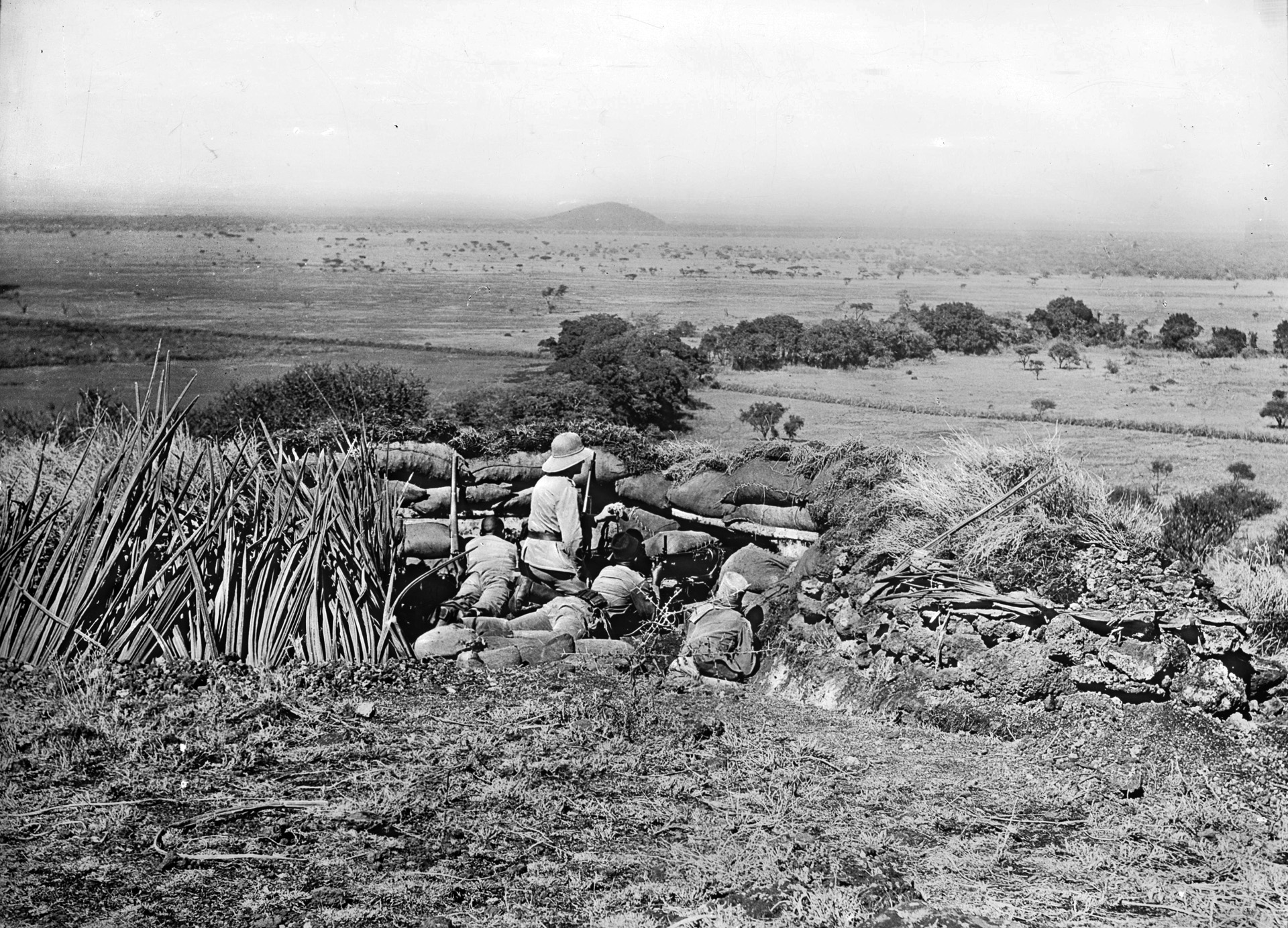
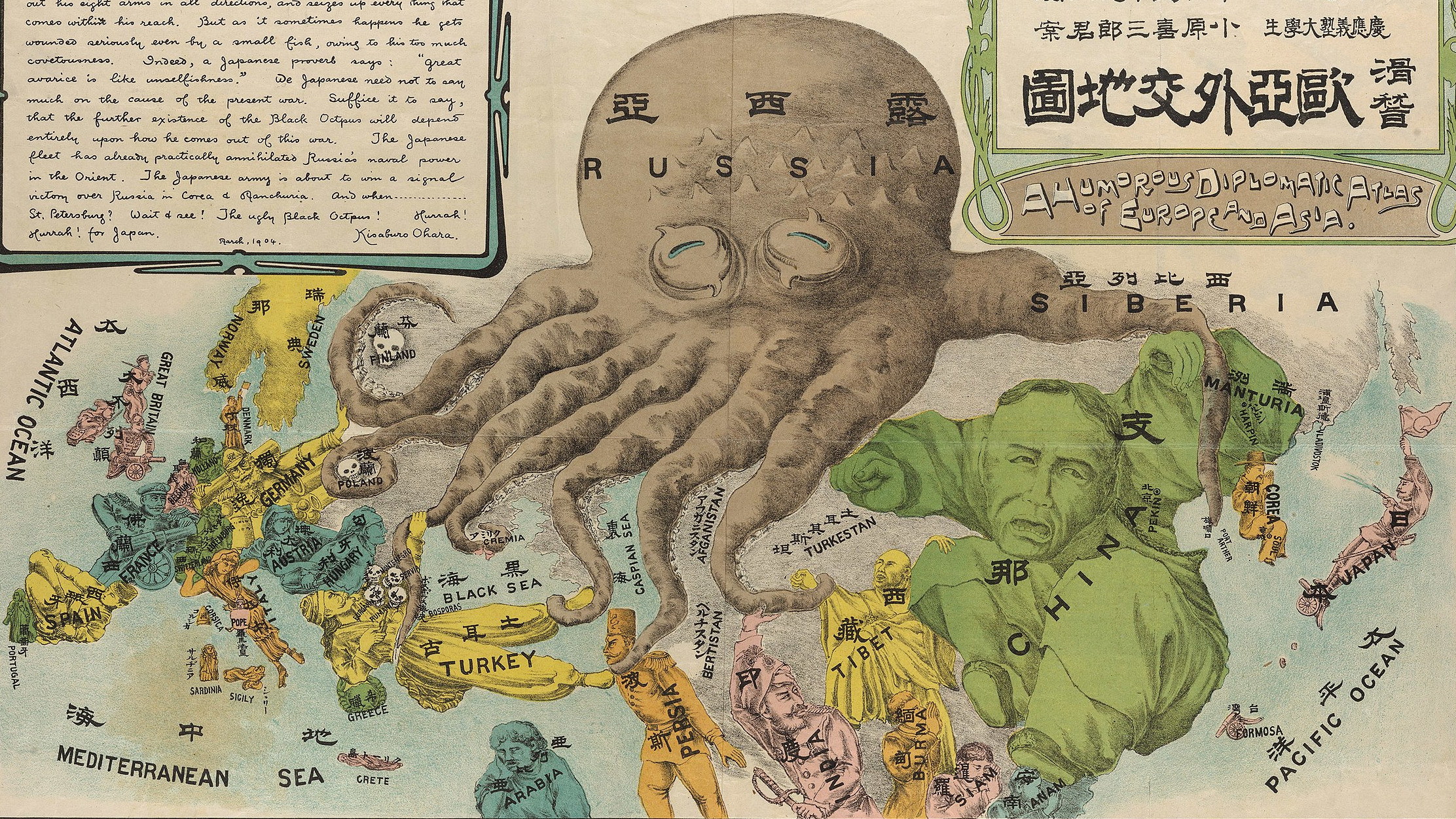
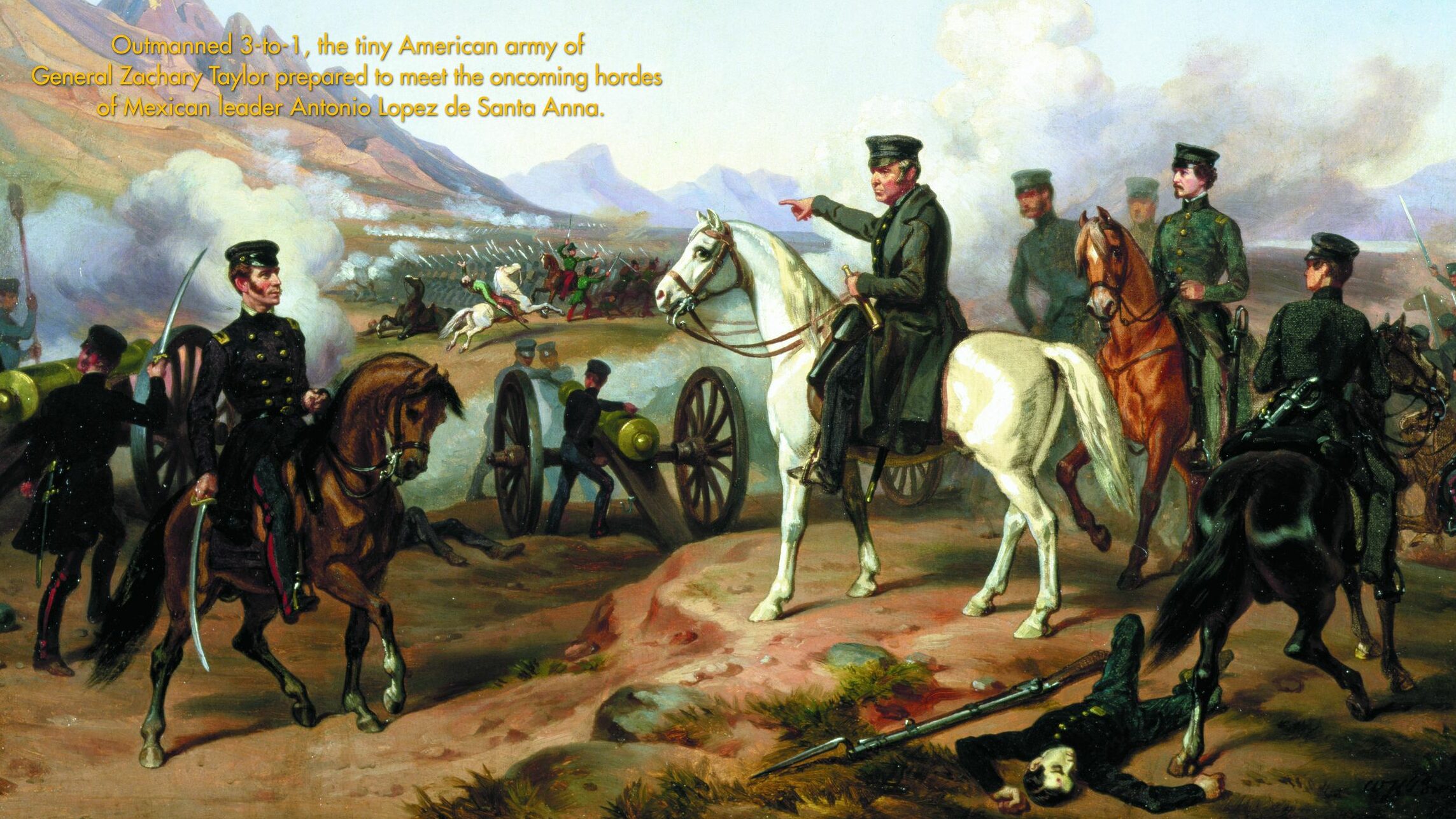
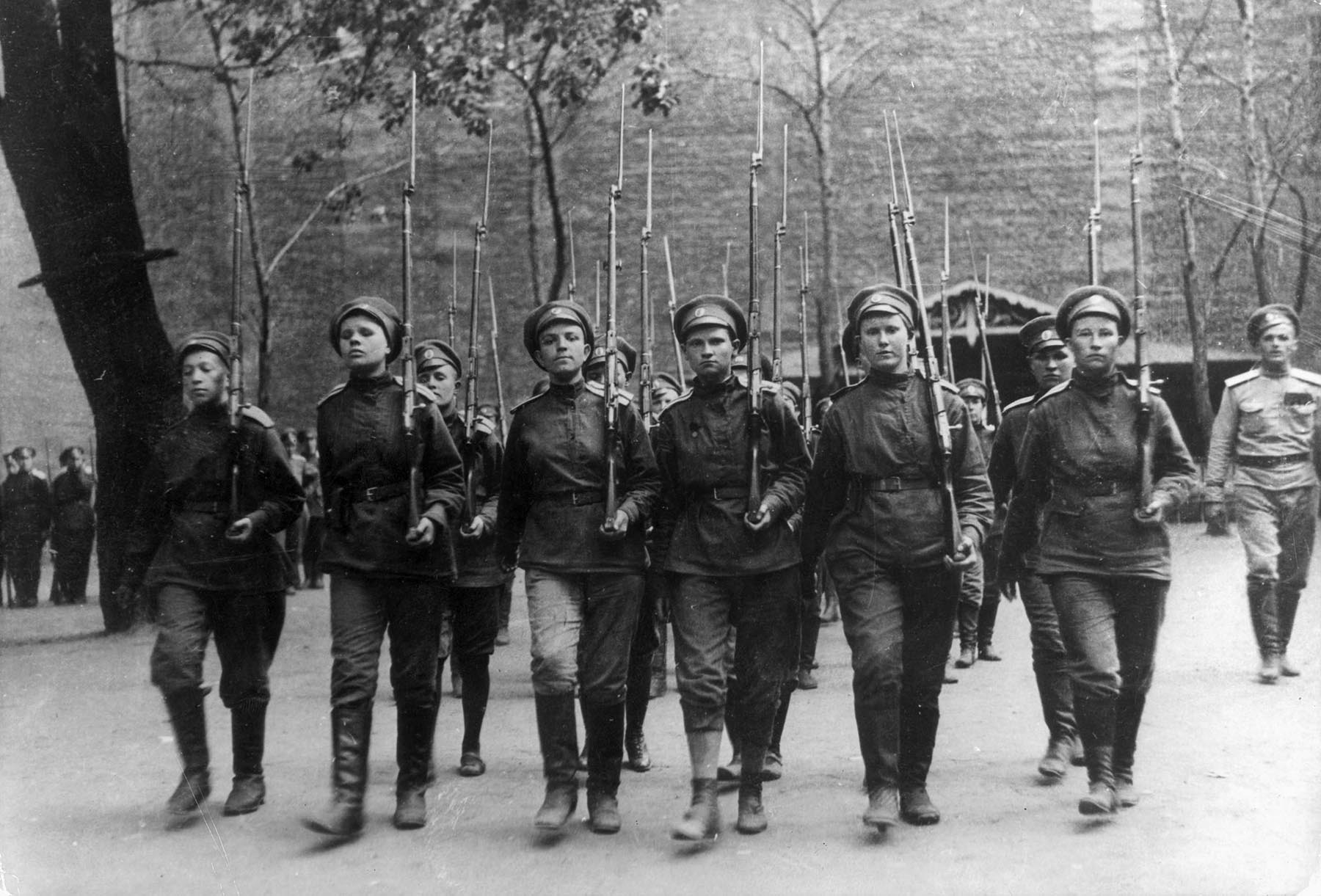
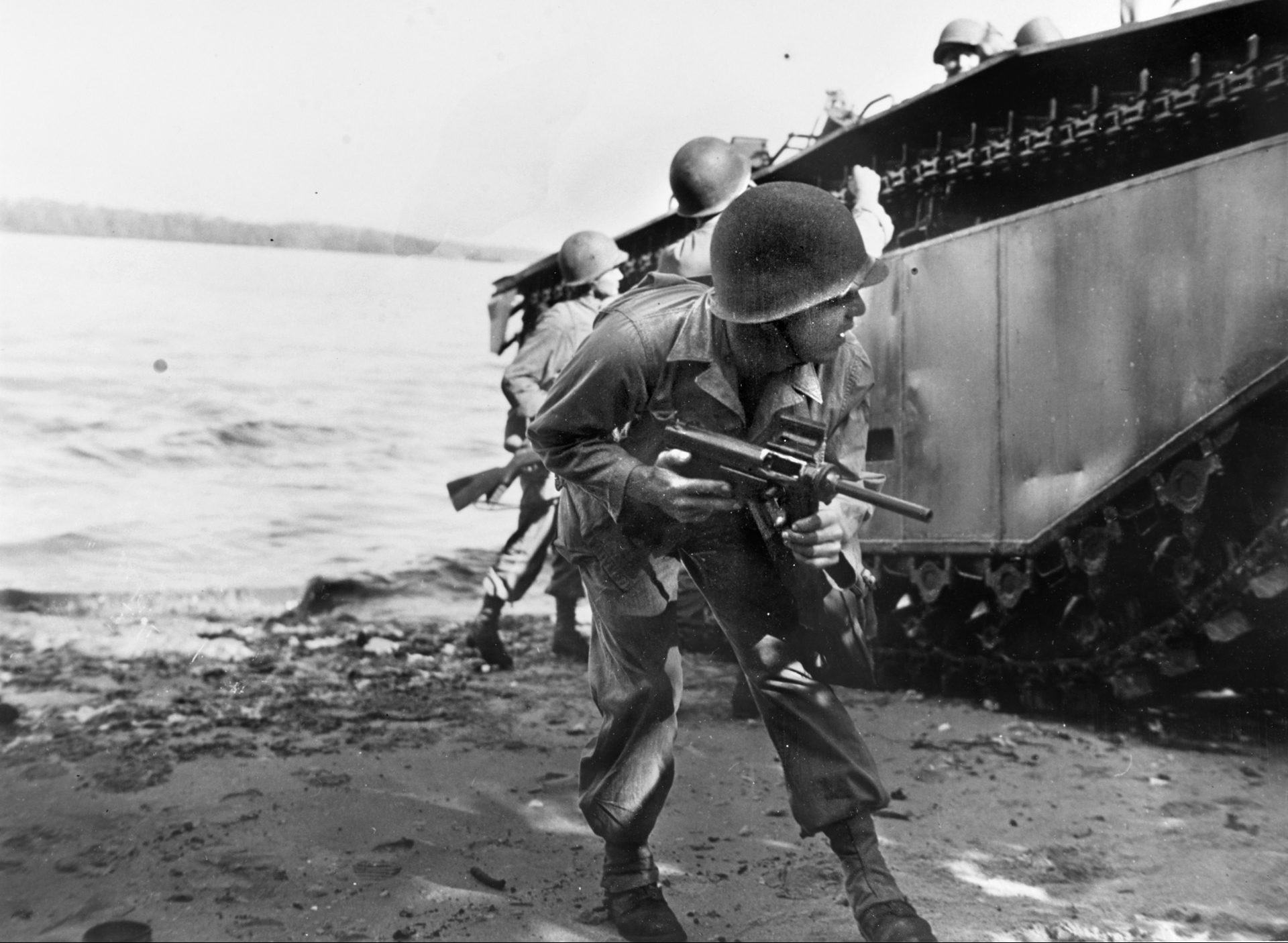
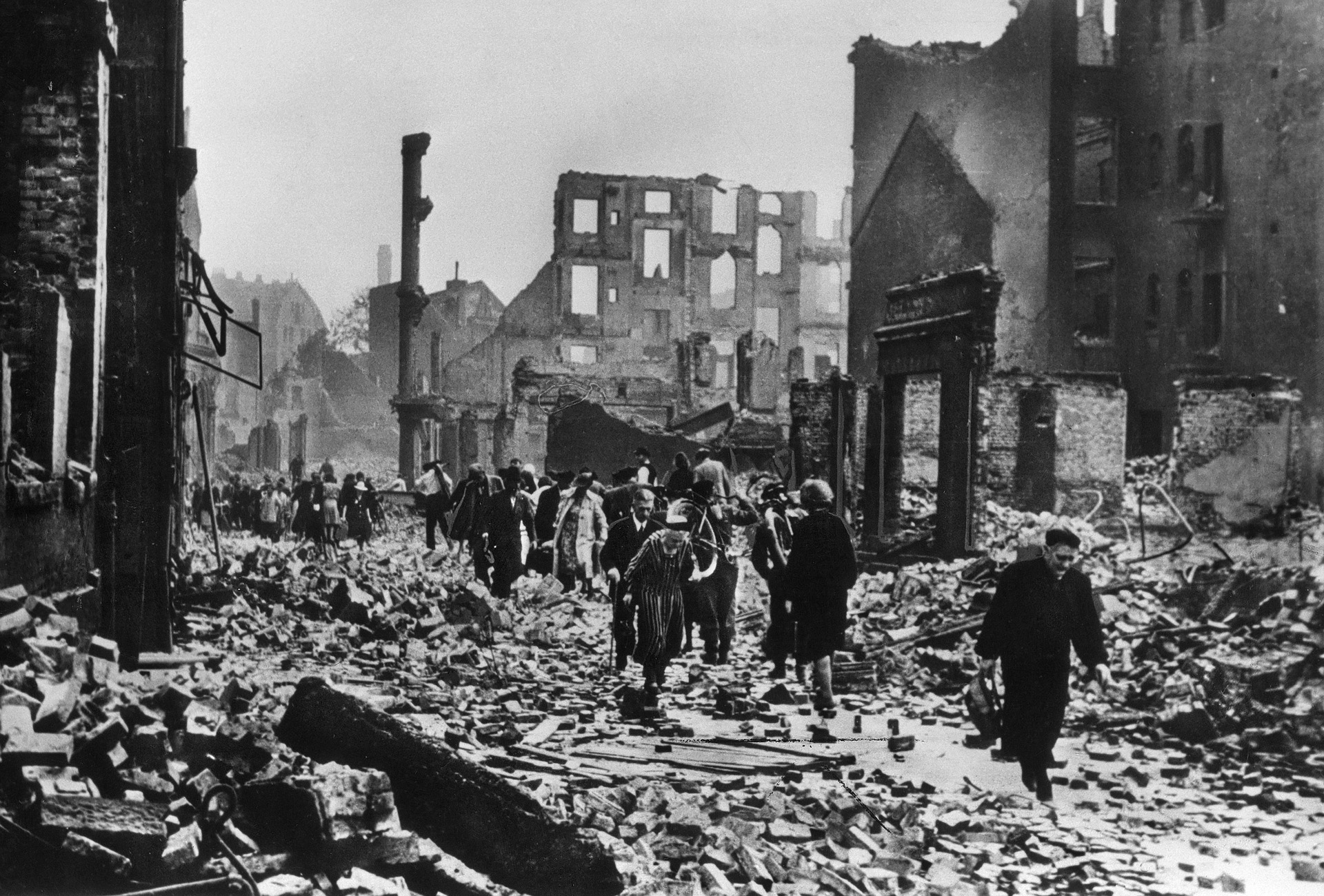

Join The Conversation
Comments
View All Comments